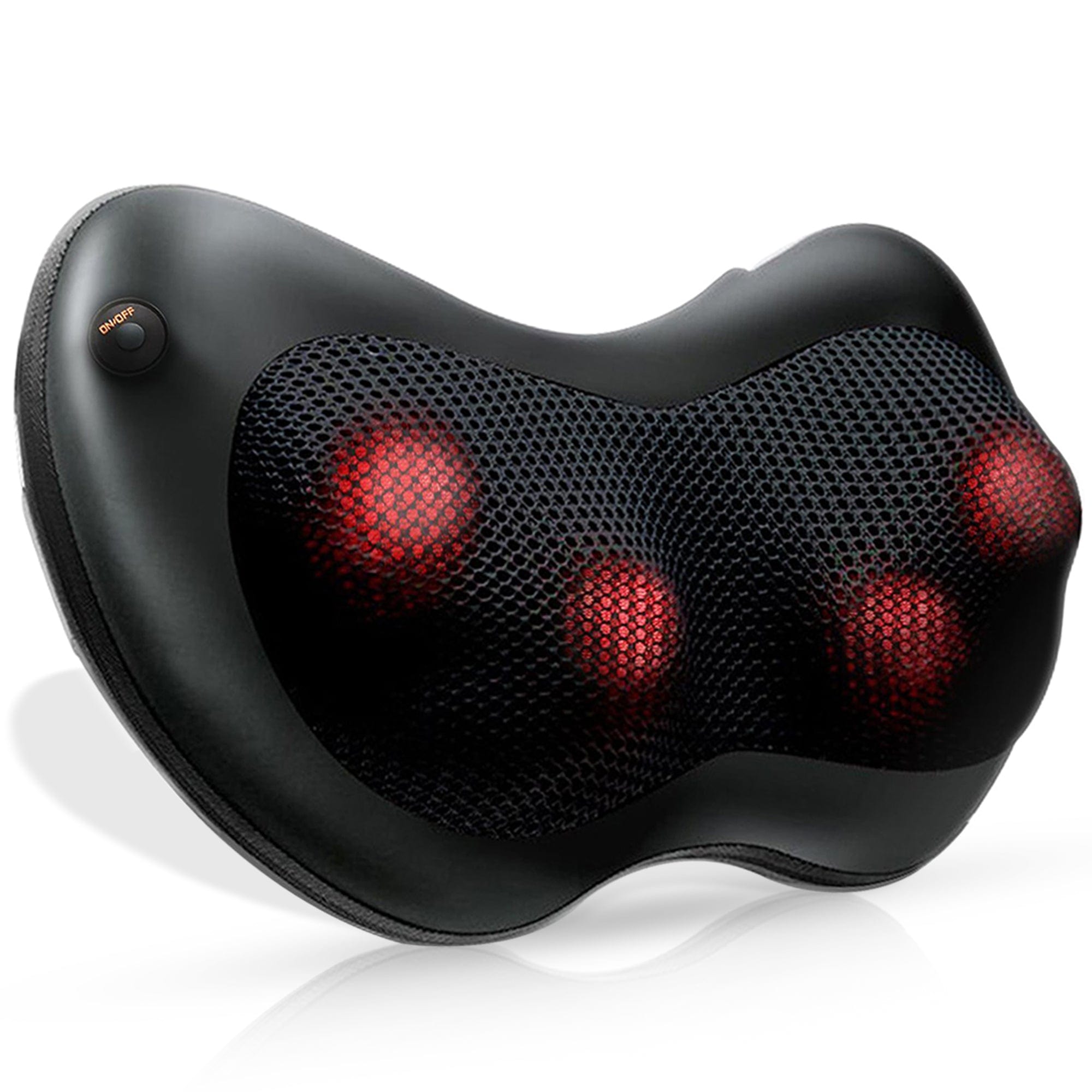High blood pressure can have serious consequences if left uncontrolled. Medication is often prescribed to manage high blood pressure, though healthy weight, healthy diet, regular physical exercises, limited caffeine and alcohol intake can help to control it.
High blood pressure, also known as hypertension, is a medical condition characterized by elevated pressure in the arteries. It occurs when the force of blood against the walls of the arteries is consistently too high. Having high blood pressure puts strain on the heart and blood vessels, increasing the risk of serious health problems such as heart disease, stroke, kidney disease, and other complications. High blood pressure is often called the "silent killer" because it may not have noticeable symptoms in the early stages. Regular blood pressure checks are important to identify and manage hypertension.
Know Your Blood Pressure Count
Blood pressure is measured in millimeters of mercury (mmHg) and is expressed as two numbers- Systolic Pressure and Diastolic Pressure. The systolic pressure represents the force exerted on the artery walls when the heart beats and contracts, while the diastolic pressure represents the pressure in the arteries when the heart is at rest between beats.
High Blood Pressure and Low Blood Pressure
Normal blood pressure is typically around 120/80 mmHg. High blood pressure is diagnosed when blood pressure consistently exceeds 130/80 mmHg or higher. Low blood pressure is generally defined as a reading lower than 90/60 mmHg.
High Blood Pressure Types

Treatment for high blood pressure typically involves lifestyle modifications (such as diet and exercise) and, in some cases, medication prescribed by a healthcare professional. It is crucial to control high blood pressure to reduce the risk of associated health complications and maintain overall cardiovascular health.

High Blood Pressure Causes
With advancements in technology and modern conveniences, many people lead sedentary lives. Lack of regular physical activity and increased time spent sitting or engaging in sedentary behaviours can lead to weight gain and higher blood pressure levels. Excess weight puts extra strain on the heart, leading to increased blood pressure. Chronic stress, unmanaged mental health issues, aging, family history of hypertension can contribute to higher blood pressure readings. While consuming high amounts of sodium, saturated fats, trans fats, alcohol and added sugars drinks while lacking sufficient intake of fruits, vegetables, and whole grains contributes to high blood pressure.
10 Natural Ways to Lower Blood Pressure
1. Maintain a healthy weight
Losing excess weight can significantly lower blood pressure. Focus on adopting a balanced diet and engaging in regular physical activity to achieve and maintain a healthy weight.
Related Topic: 7 Best Beginner-Friendly Home Workouts For Shedding Weight
2. Follow a heart-healthy diet
Consume a diet rich in fruits, vegetables, whole grains, lean proteins, and low-fat dairy products. Limit your intake of saturated fats, trans fats, cholesterol, sodium, and added sugars.
3. Reduce sodium intake
Excessive salt intake can raise blood pressure. Aim to consume no more than 2,300 milligrams (mg) of sodium per day (or even lower if advised by your doctor). Be mindful of hidden sources of sodium in processed and packaged foods.

4. Increase potassium-rich foods
Potassium helps counteract the effects of sodium on blood pressure. Include potassium-rich foods in your diet, such as bananas, oranges, spinach, tomatoes, sweet potatoes, and beans.
5. Limit alcohol consumption
Drinking excessive amounts of alcohol can lead to high blood pressure. If you choose to drink, do so in moderation (up to one drink per day for women and up to two drinks per day for men).
6. Engage in regular physical activity
High blood pressure exercise can help lower blood pressure. Aim for at least 150 minutes of moderate-intensity aerobic activity or 75 minutes of vigorous-intensity activity per week, along with muscle-strengthening activities at least twice a week.

7. Manage stress
Chronic stress can contribute to high blood pressure. Explore stress management techniques such as deep breathing exercises, meditation, yoga, or engaging in hobbies you enjoy.
8. Quit smoking
Smoking can raise blood pressure and damage your blood vessels. Quitting smoking is crucial for overall cardiovascular health.
9. Limit caffeine intake
While the impact of caffeine on blood pressure varies from person to person, it's a good idea to be mindful of your caffeine consumption. Consider reducing your intake or switching to decaffeinated beverages.
10. Get enough sleep
Poor sleep or lack of sleep can contribute to high blood pressure. Strive for 7-9 hours of quality sleep each night.
Don’t Forget To Monitor Your Blood Pressure Daily
Taking your blood pressure daily is an essential tool for managing high blood pressure (hypertension) and preventing associated health problems. Regular blood pressure monitoring allows individuals to track their blood pressure levels and make informed decisions about their lifestyle and treatment options. It helps detect high blood pressure early, even before symptoms appear. This allows for timely intervention and treatment, reducing the risk of complications.
Also it can you to evaluate the effectiveness of medications, lifestyle changes, or other interventions. It provides valuable feedback to healthcare professionals, enabling them to adjust treatment plans accordingly. Even you can also identify potential triggers that cause their blood pressure to rise. These triggers can be certain foods, stress, physical activity, or other factors. Recognizing and avoiding these triggers can help manage blood pressure effectively.
It's important to note that these natural methods may not be sufficient for everyone. It is recommended to measure blood pressure regularly at home using a reliable blood pressure monitor from any reputed brand. Additionally, individuals with hypertension should work closely with their healthcare provider to establish target blood pressure goals and develop a personalized treatment plan.










